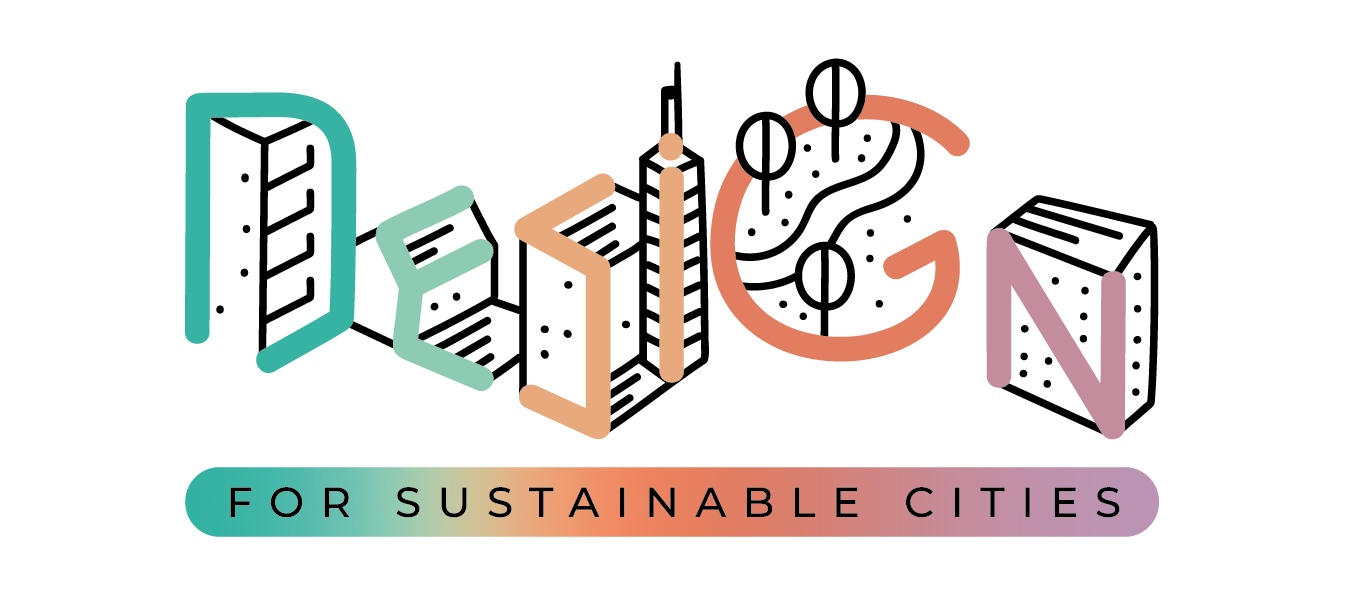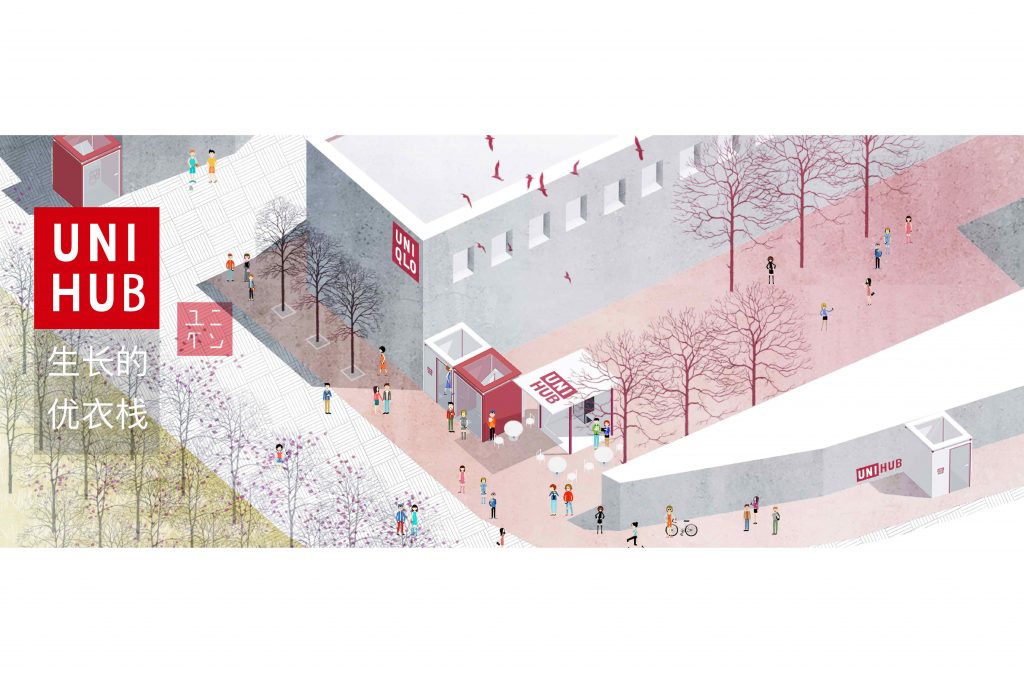From ‘extensive way’ of economic growth to an intensive one, China is undergoing a series of social transition which deeply influences people’s daily life. Taking Shanghai as an example, she is going further on the route of sustainable urban management. On the other hand, the traditional linear business model has been subverted, community is becoming the new demand side.
From ‘extensive way’ of economic growth to an intensive one, China is undergoing a series of social transition which deeply influences people’s daily life. Taking Shanghai as an example, she is going further on the route of sustainable urban management. On the other hand, the traditional linear business model has been subverted, community is becoming the new demand side. This project attempts to facilitate business on the micro regeneration of community collaborated with Uniqlo. The guidance of this project is distributed system thinking, independent elements are engaged and connected in a resilient network. Designers created Unihub the modular system and tested it in order to explore the feasibility of design-driven business model in a community-based distributed system.
Unihub is a modular system that extends stores’ functions to communities in order to reach more effective advertising and stimulate the vitality of communities. It will undertake three main functions in the city, online service, offline service and urban public infrastructure.
Online service includes five aspects: 1. Social Platform is an online virtual space in which local residents can interact and share experience with each other; 2. New trends recommendation is an advertising part that informs new products and trends of Uniqlo; 3. Online shopping extends the shopping function of Uniqlo physical stores to communities, which is more convenient for customers and is also one of the new retail modes; 4. People can use Tailored Solution to contact with Uniqlo staff to make customized change of clothes; 5. Eco-friendly Promotion helps to advocate recycling idea of Uniqlo, this is also an extensive function from physical stores toward communities.
Then, offline service of Unihub covers four sides: 1. Local residents can choose the closest Unihub to drop their old clothes into the storage box and Uniqlo staff will pick them up periodically; 2. Inside the Unihub, sustainable fabrics from old clothes will be exhibited; 3. To encourage residents and neighbors to continue to pay attention to sustainability career, souvenirs made up of old fabrics will be sent to users as rewards; 4. As a virtual fitting room, Unihubs can help pedestrians to take care of their appearance.
Last but not least, as urban public infrastructure, Unihubs will act as infant rooms to provide convenience with parents who need to breed babies. On the other, as a relaxing space, Unihubs will also offer USB chargers and free Wi-Fi to pedestrians.
Unihub takes used clothing as its main building materials. The old clothes donated by users are classified. Some of them are recycled as raw materials to building materials factories and processed into plant fiber boards that can be used as building materials. It is utilized as the main material to build Unihub. Through the online collection of users can pay attention to the completion of the Unihub, also have the opportunity to participate in the construction of Unihub’s design workshop, so that users will form a social network with Uniqlo hub as a turning point.

